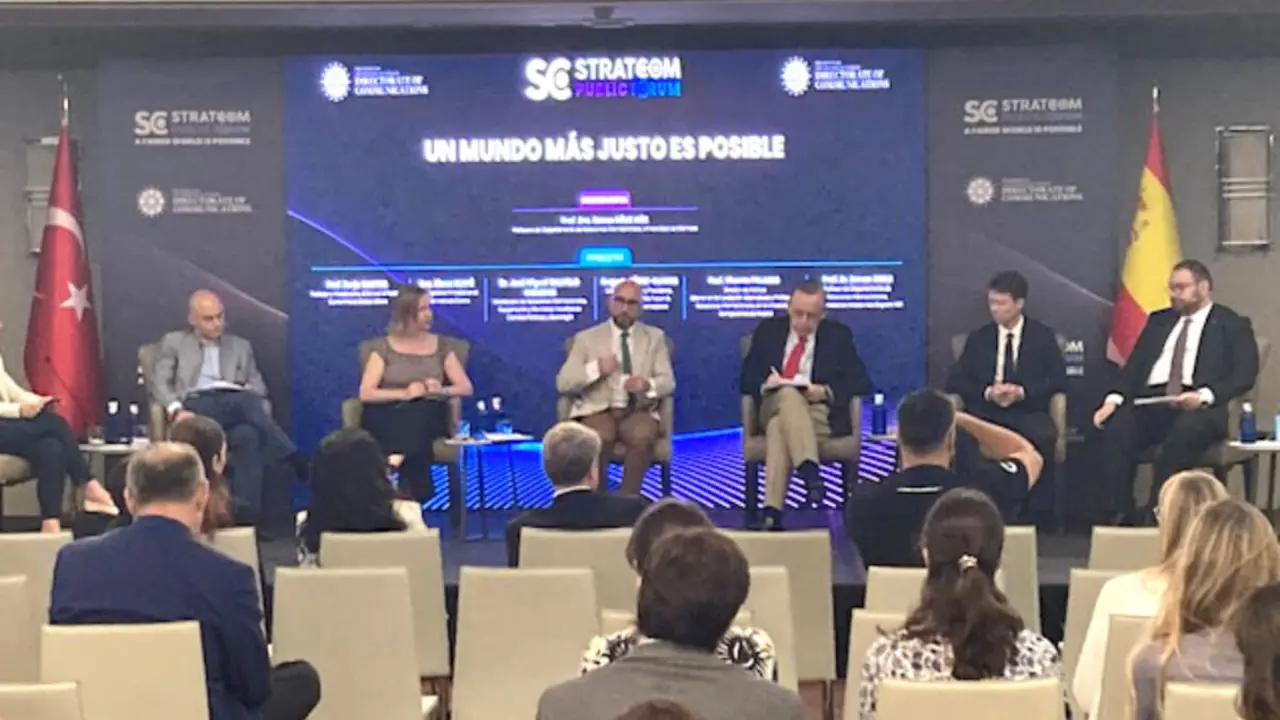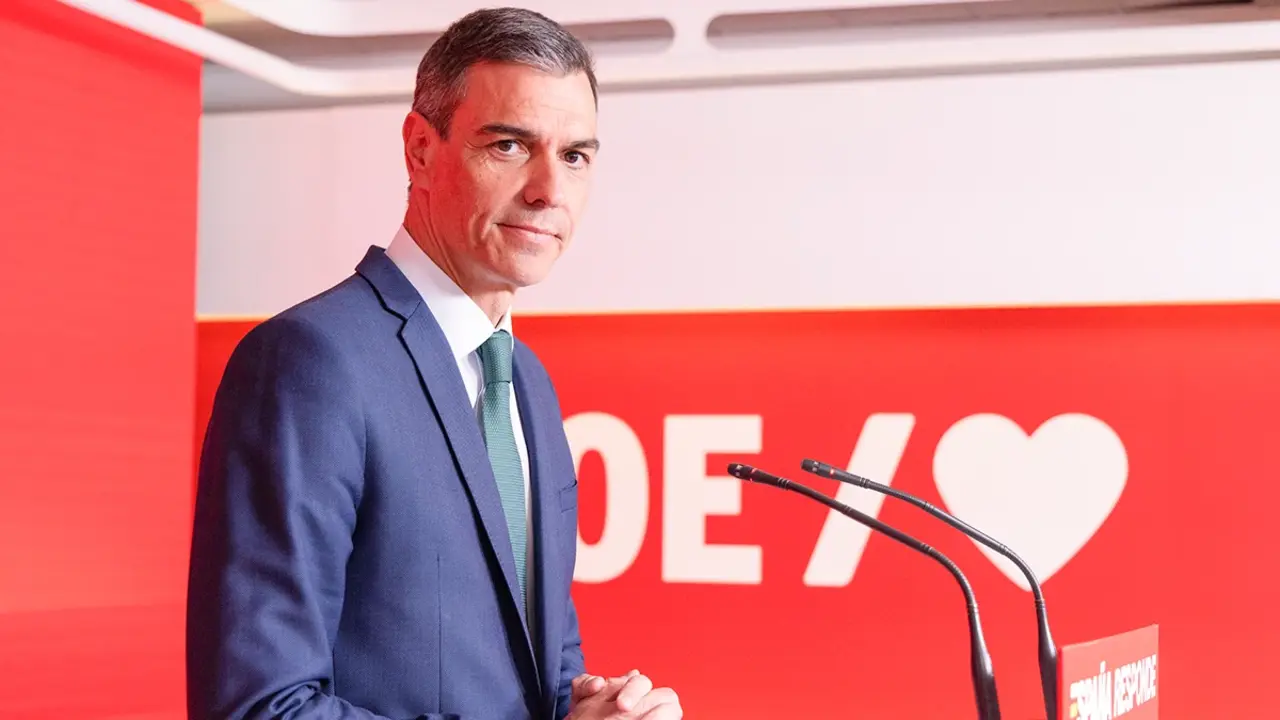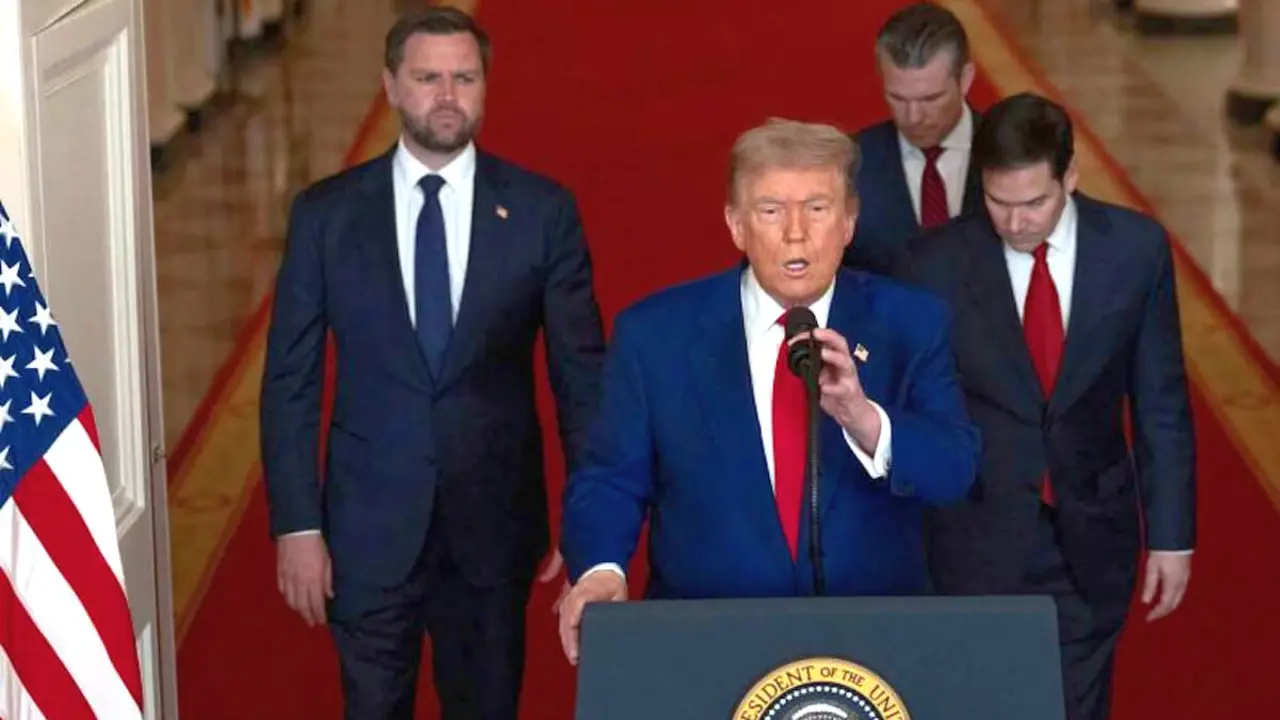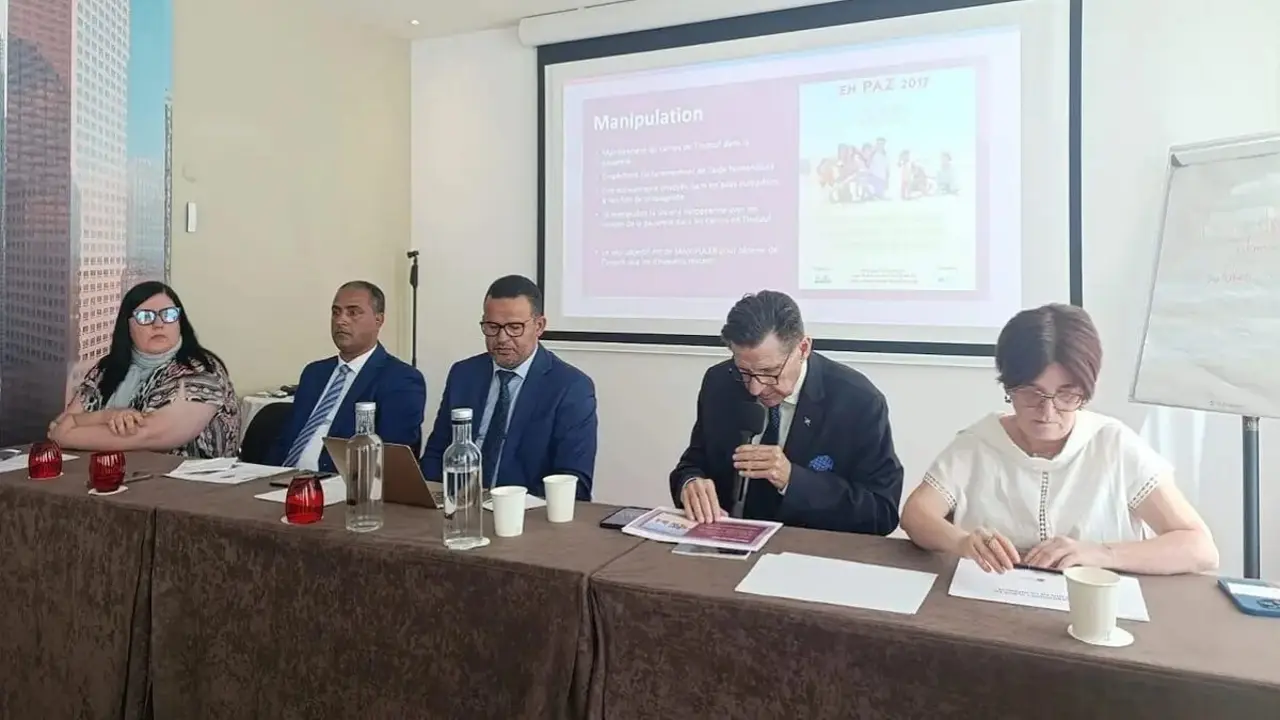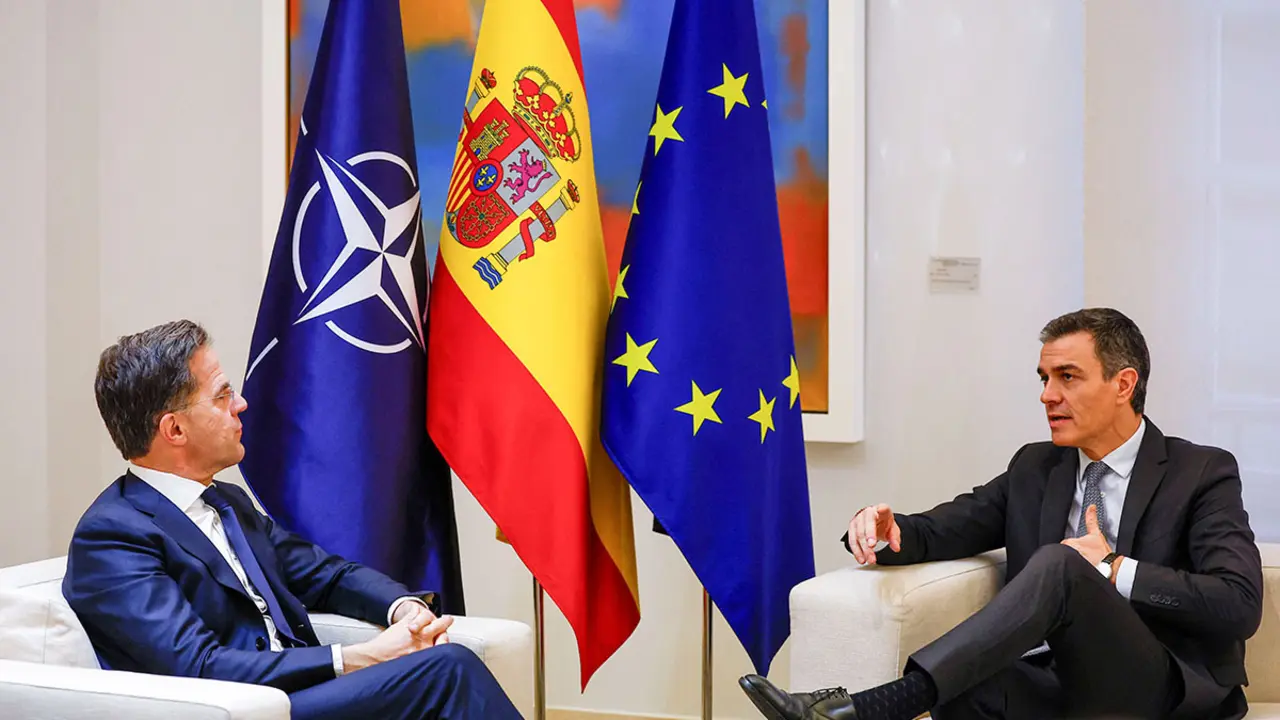US and EU move beyond trade disputes

"It was a wonderful meeting between friends and allies", is how European Commission President Ursula von der Leyen described the EU-US summit hosted by Brussels. US President Joe Biden entered the headquarters of the EU institutions with the main objective of rebuilding trust with the EU after four tense years of relations with the Trump Administration.
The US president has not stopped repeating over the last few days that "America is back" on the international stage, and this last summit on his European tour was intended to rebuild an alliance that had been more than neglected, undervalued, during Donald Trump's administration.

he president has also made it clear that the United States wants to resume this alliance with its European partners in order to make a common front against China. "The United States is back, and that's why we're here," Joe Biden stressed in a brief press conference before the bilateral summit with the EU began. After the meeting, the President of the European Council, Charles Michel, noted that the summit had focused on four key areas of cooperation: COVID, climate change, investment in technology and democracy, peace and security.
Both the European Union and the United States have set themselves the goal of vaccinating at least two-thirds of the world's population by the end of 2022. Charles Michel explained that to achieve this goal, both the US and the EU have committed to "boosting global vaccine production and keeping supply chains open". The possible drafting of a treaty on health crises to prepare for future pandemics has also been left on the table.

In addition to the pandemic that has been at the centre of the debate throughout Biden's European tour, both during the G7 summit and the NATO summit, as well as the threat posed by China and Russia and climate change. The EU and the US had a somewhat thorny issue pending. Trade disputes between the two players have been constant and highly visible during Donald Trump's term in office, but the dispute between the two over illegal aid to their aerospace giants, Boeing and Airbus, at the World Trade Organisation (WTO) goes back 17 years.
The EU-US summit provided the perfect setting to put an end to a dispute that has marked trade tensions between the two partners for years. Finally, and as a result of this meeting, the vice-president of the European Commission and head of trade, Valdis Dombrovskis, has reached an agreement with the US trade representative, Katherine Tai, which establishes the suspension for five years of the tariffs that both parties can impose on each other to remedy the damage caused by the subsidies decreed illegal by the World Trade Organisation (WTO) to their large aeronautical manufacturers, according to the EFE news agency.

This agreement lays the foundations for a new stage of cooperation between two natural allies and sets 11 July as the deadline for finding a permanent solution through bilateral treaties. "The agreement we have reached opens a new chapter in our relationship because we are moving from litigation to cooperation in aeronautical matters, which puts an end to almost 20 years of dispute, the longest dispute within the WTO", explained Ursula von der Leyen, explaining the significance of this agreement.
For Spain, the end of this dispute is a "relief" for the agri-food industry sector, since the US sanctions imposed an additional tax on the entry of several national agri-food products into US soil. As reported by EFE, the dispute between the two has affected 113 product categories of the Spanish food and beverage industry, which represent 53.1 % of the products exported to the United States, and which are among the 20 most sold products to that country.

Despite having reached a resolution to the Boeing-Airbus dispute, the US government has already announced that for the time being it will not make any announcements regarding the aluminium and steel taxes inherited from the Trump administration.
Joe Biden thus heads with renewed alliances to his meeting with Russian President Vladimir Putin. The bilateral summit between the United States and Russia will take place in Geneva (Switzerland), recreating the historic meeting between Mikhail Gorbachev and Ronald Reagan in 1985. It is a vitally important meeting in a context of heightened tension between the two countries. The US president has placed both China and Russia on the international agenda, categorising both countries as "threats to the security of the West".

Faced with a new Cold War scenario, the two leaders will meet face to face, but with little expectation of reaching a joint resolution. Since his arrival at the White House, the US president has shown a belligerent tone towards the Russian leader, describing him as a "murderer". For his part, Vladimir Putin has said that he does not expect "major advances" from the meeting with Biden, but that there may be some common ground on issues such as environmental problems, strategic security or some regional crises.



